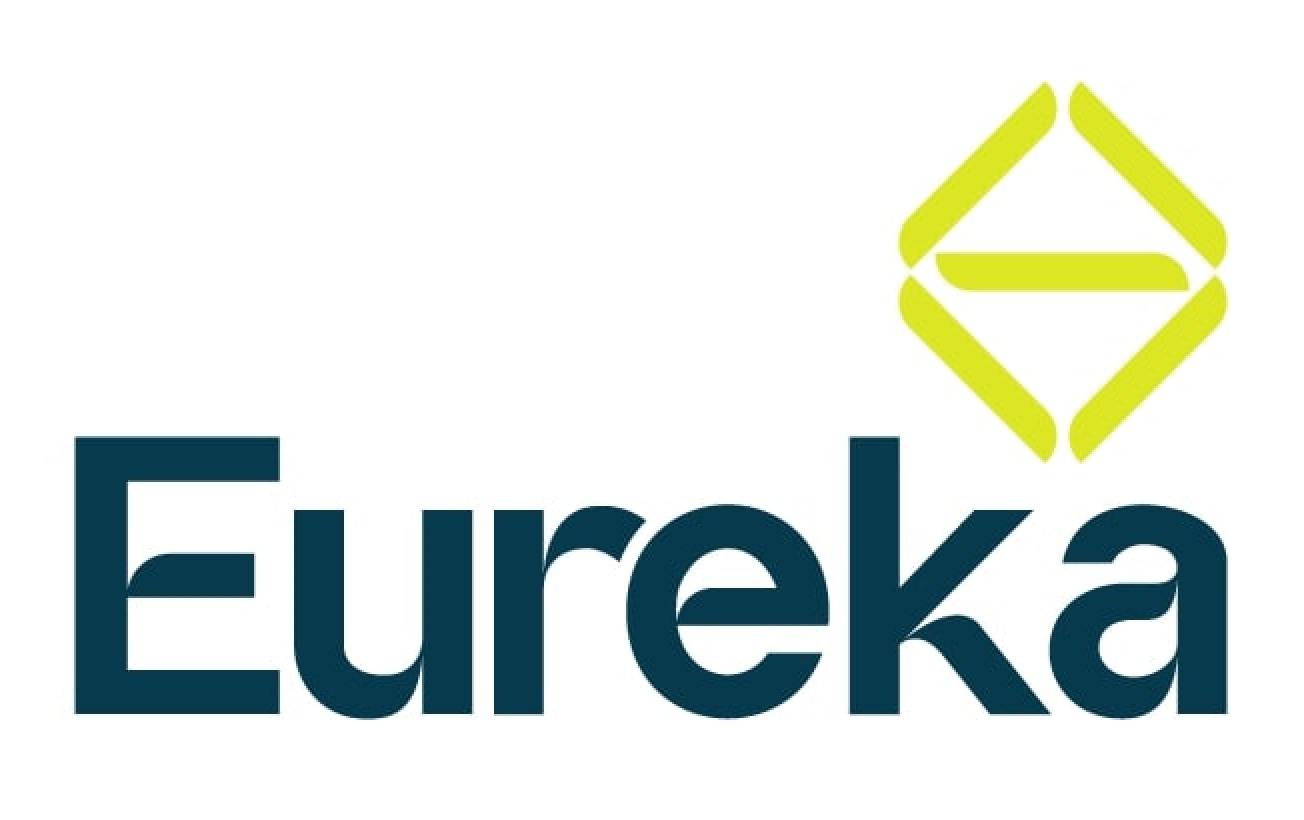How to say no to a job when the money isn’t enough
Scouring the job market is no small task—it demands a ton of energy and smarts to land a spot that feels just right. So, it can be a real let-down to discover the pay at the end of the interview tunnel doesn't match up with your expectations. But, not all hope is lost even if the numbers don't add up.
Stumbled upon this scenario?
It may feel like a slap in the face if the salary's off the mark, especially if the company won't budge. But, here's some steps you can take to gracefully bow out of a job offer when the pay doesn't pass muster.
Pause before you decline over pay:
Hold your horses before you turn down that offer. Mull over the whole deal—is the pay non-negotiable for you, or are there perks that might tip the scales? Look beyond the paycheck. Maybe there are benefits like extra vacation days, work-from-home flexibility, or chances to grow and learn that sweeten the pot.
It's smart to peek at salary benchmarks or speak to a specialist recruiter like Eureka to get the lay of the land. And, don't forget to weigh the non-cash pros, like working remotely, career growth paths, or a stellar health plan that covers your family too.
When you're ready to address the offer you've received:
Act quickly but not hastily
Feeling the urge to immediately say no? Put a pin in that. Snap decisions can backfire. Instead, thank the employer for the offer and ask for a short time to think it over. Just don't dawdle—dragging your feet can come off as unprofessional.
When you've reached a decision, loop back promptly. This lets the company move forward with other candidates without missing a beat.
Stay professional and cordial
Rejecting an offer because the dollars don't stack up is tough, but keep it polite. You want to leave a good impression with the hiring managers, not burn bridges. After all, your paths may cross again, and you might want to toss your hat in the ring for a different role down the line.
Pick your communication channel wisely
Got your mind made up? Think about how you'll convey it. I personally recommend phoning with a follow-up email to confirm your decision.
Script your message
Jot down notes before the call. Say thanks for the opportunity, acknowledge the hard choice you've had to make. When you break the news, be forthright about your reasons, like the salary not hitting the mark, but skip the long saga. Wrap up on a positive beat, hinting you're open to future roles that might fit better.
Anticipate a possible counteroffer
If the salary was the deal-breaker, you might just get a comeback with a better number. But tread carefully—counteroffers can set expectations for the rest of your time with the company.
Knowing how to say no with grace when the salary falls short can leave a lasting good impression and keep doors open for future opportunities that could propel your career forward.
Finally, make sure you are realistic in all your negotiations and be prepared to justify your worth with relevant supporting information.
Good luck!
Share our insights
Recent insights




